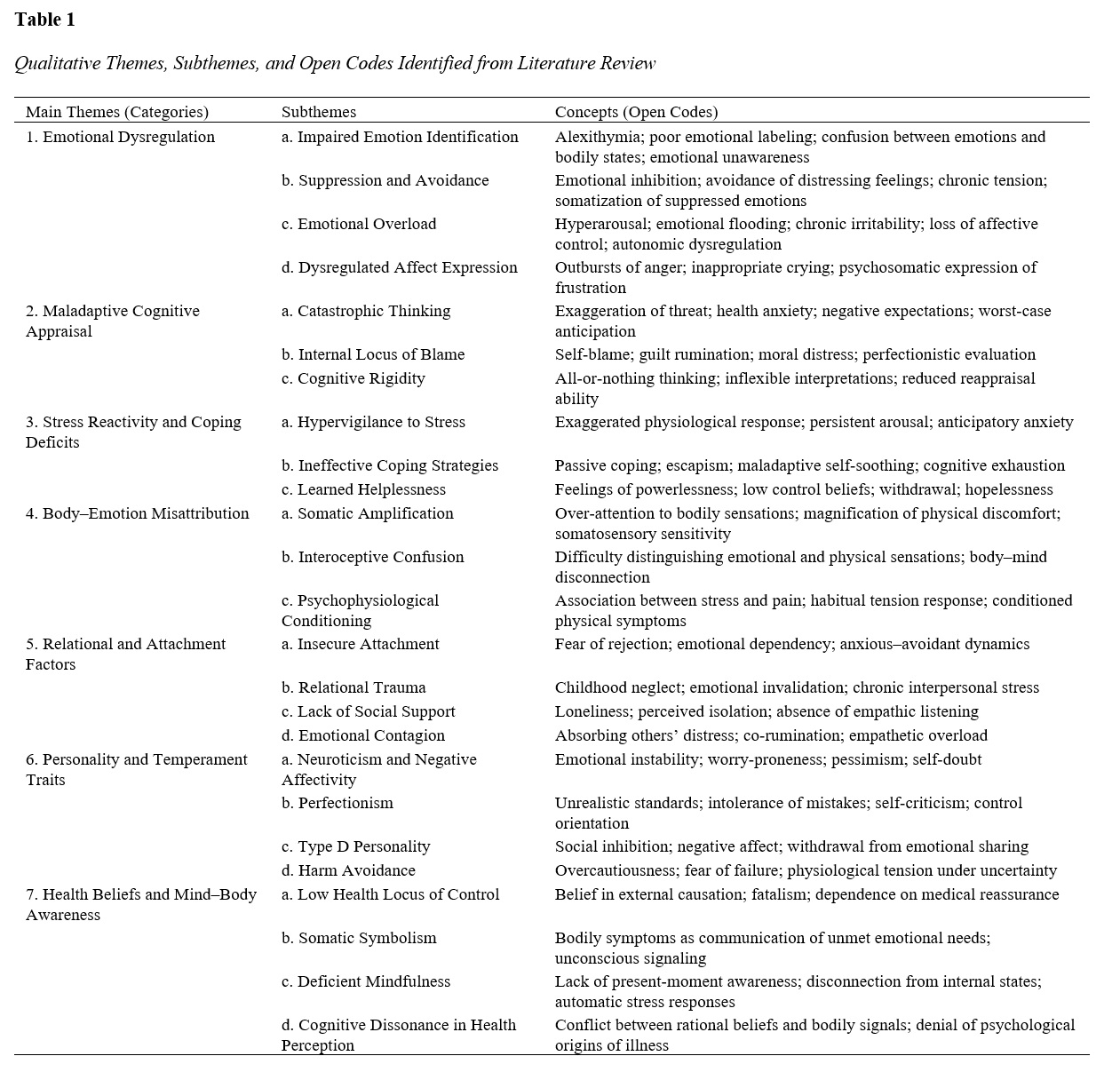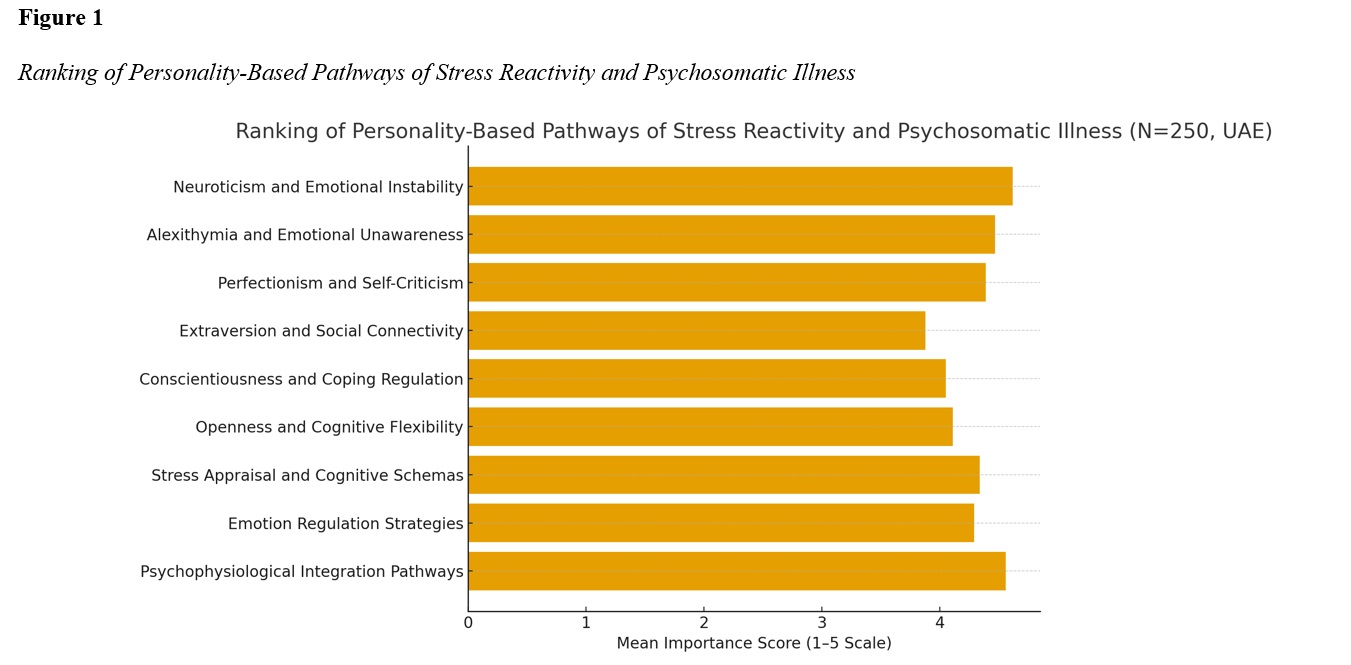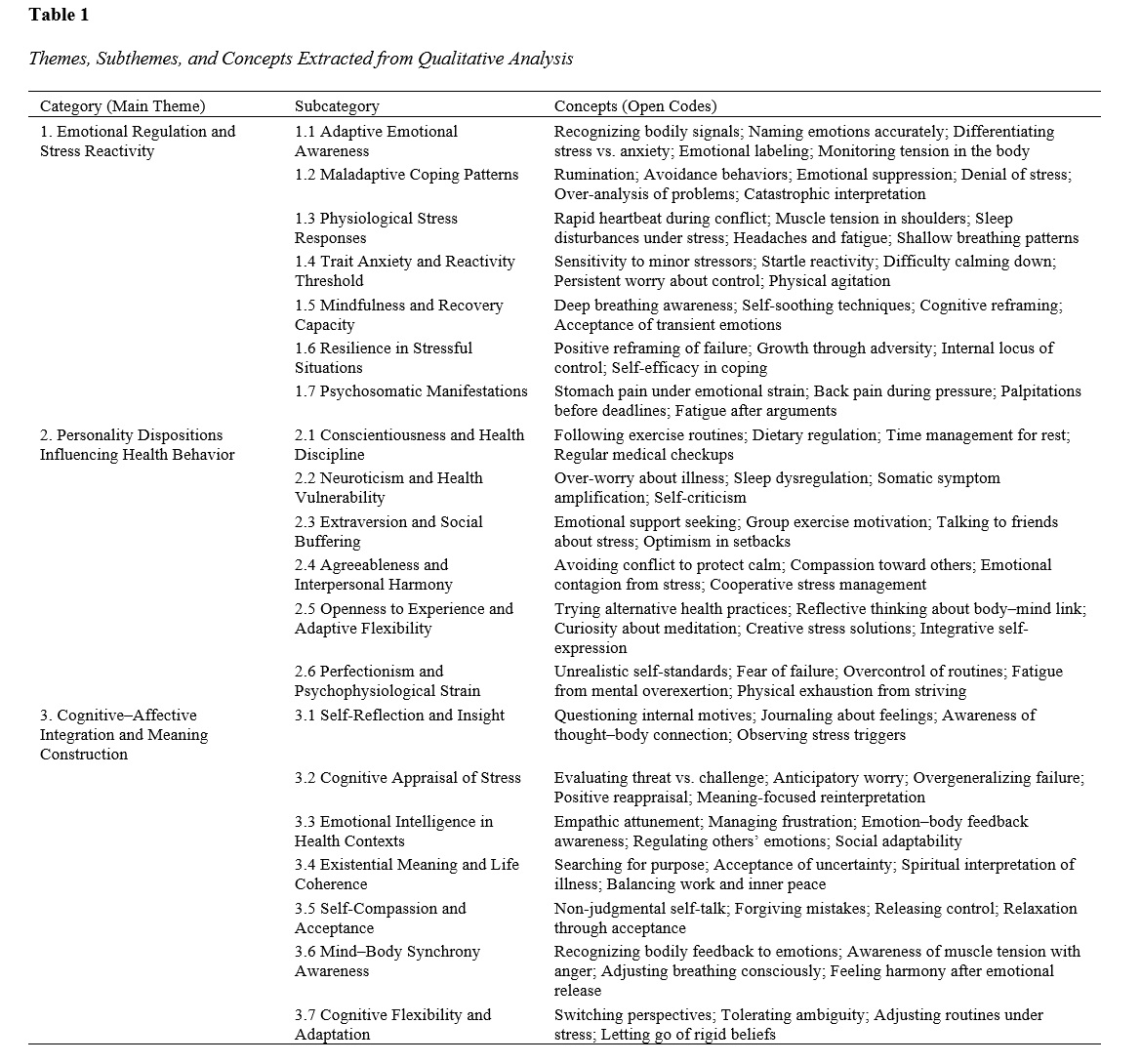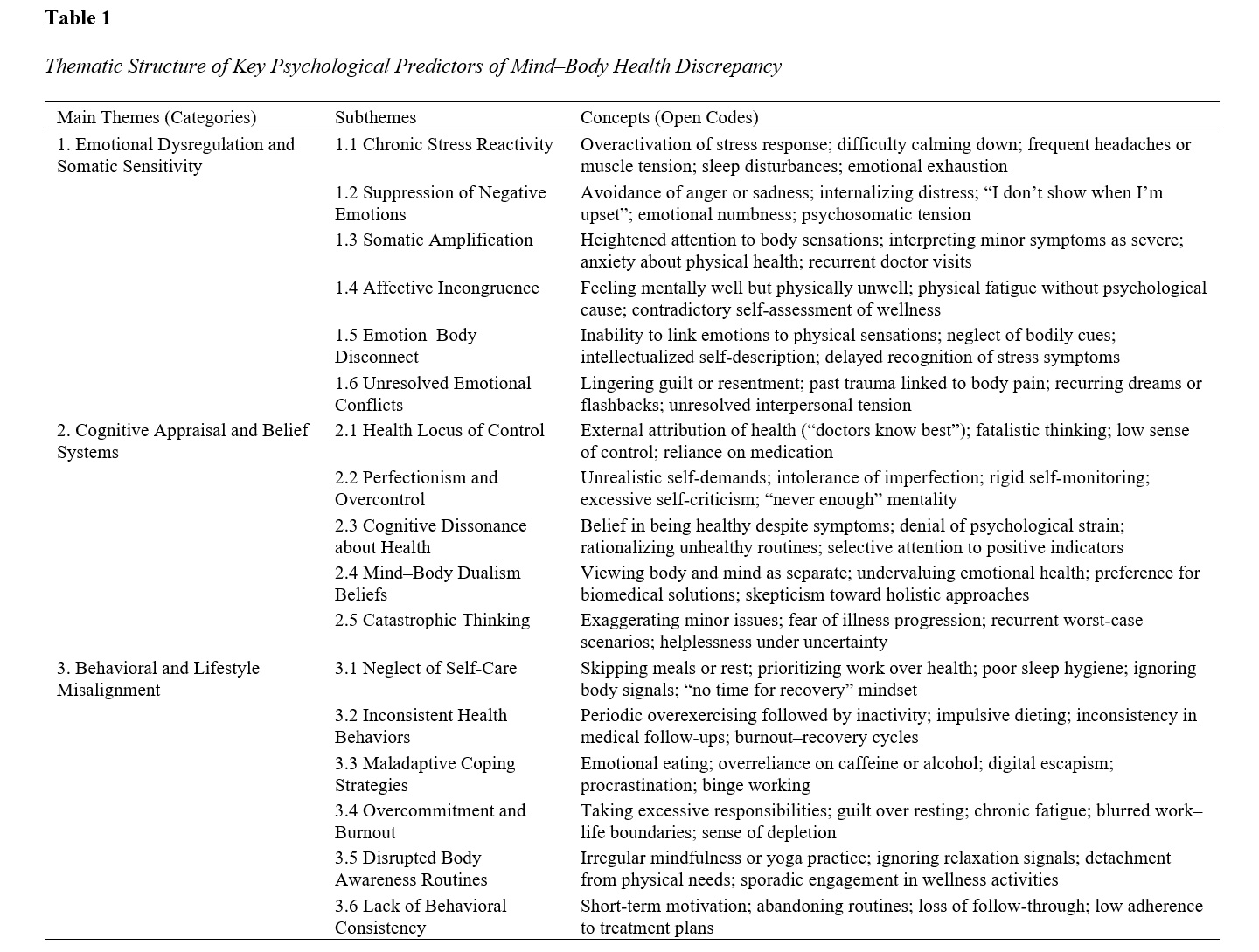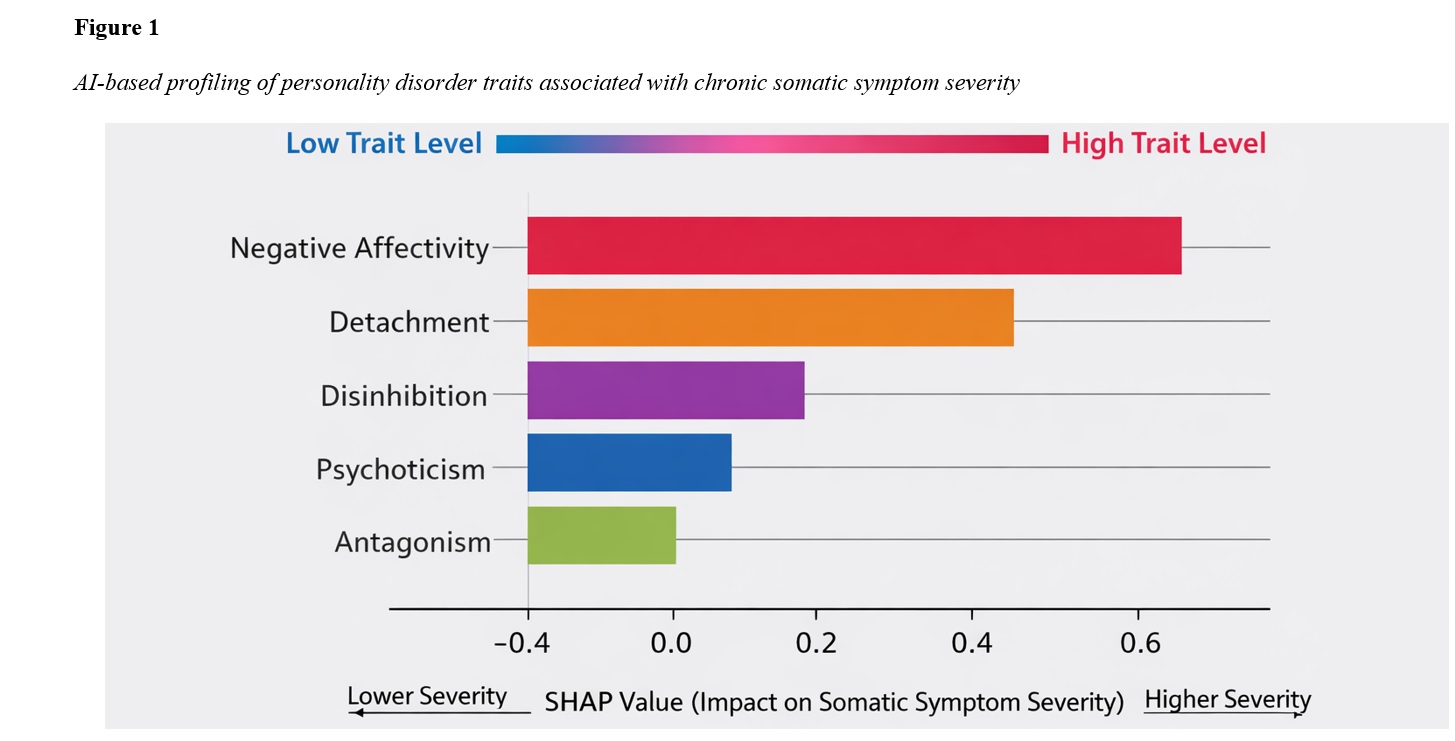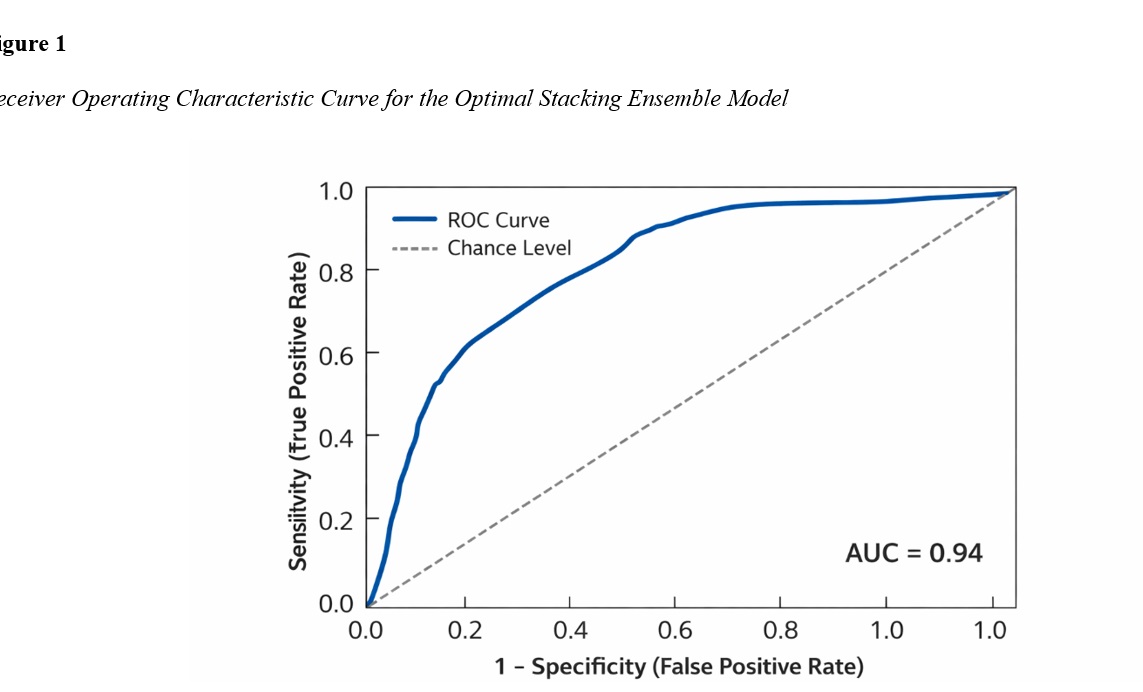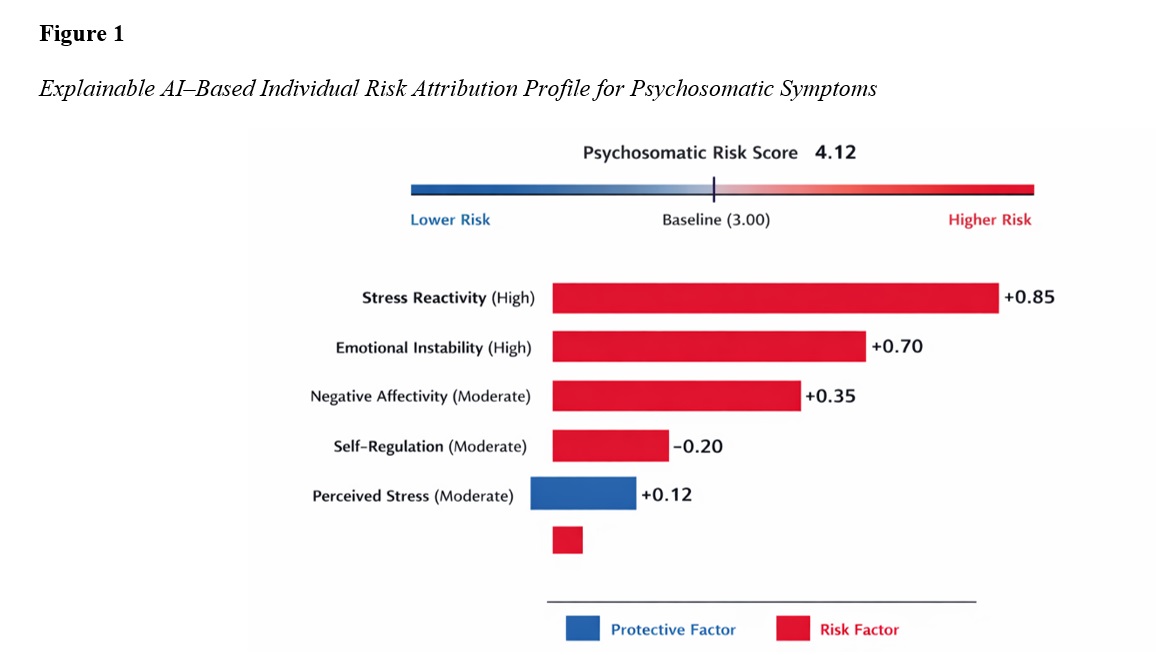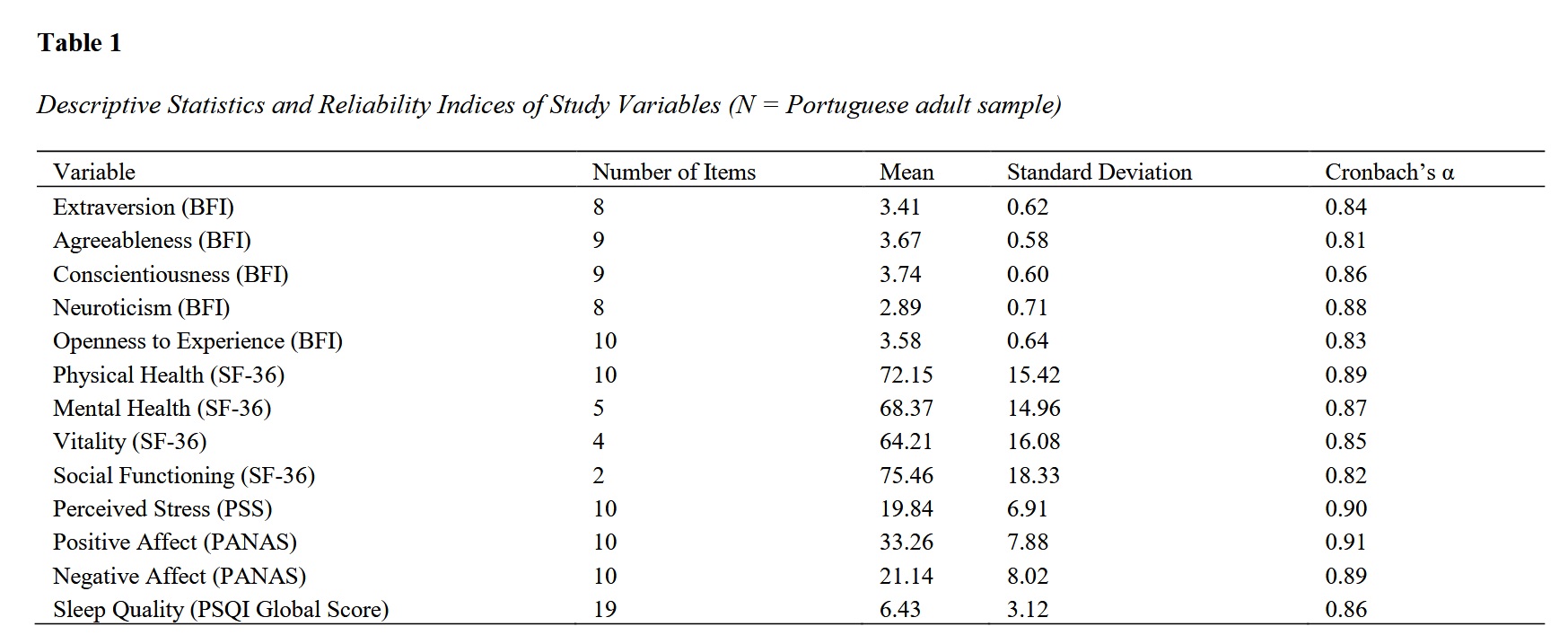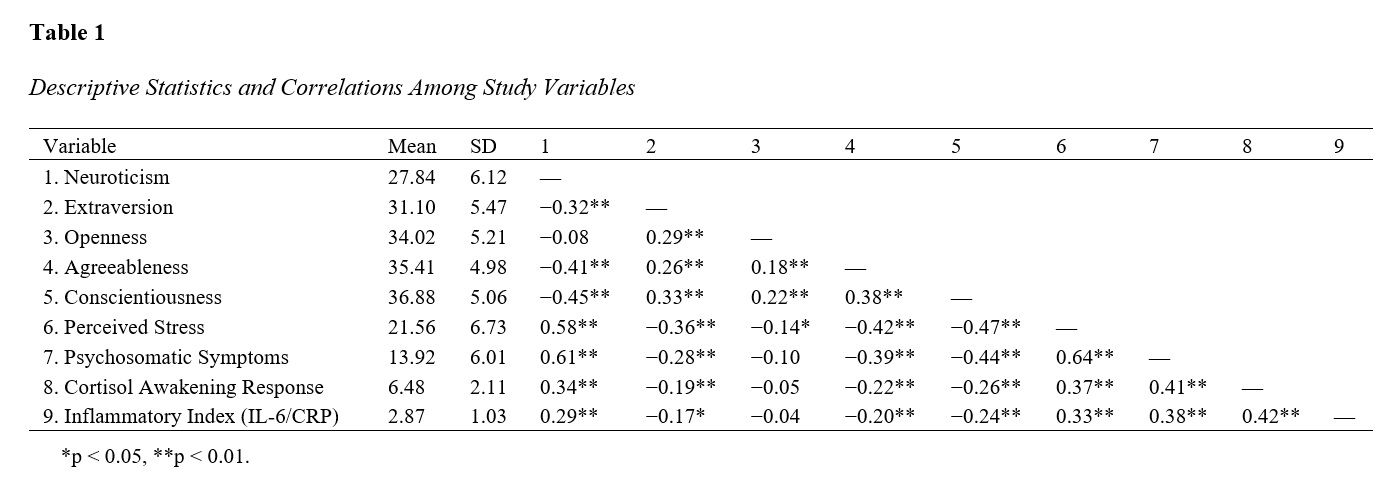About the Journal
- E-ISSN: 3041-8542
- Director in Charge: Dr. Ali Aghaziarati
- Editor-in-chief: Prof. Dr. Şennur Tutarel Kışlak
- Owner: KMAN Research Institute
- Publisher: KMANPUB (KMAN Publication Inc.)
- Contact Email: jppr@kmanpub.com
- Open Access: YES
The Journal of Personality and Psychosomatic Research, published by KMAN Publication Inc. (KMANPUB), is a reputable scholarly open-access journal that focuses on the intersection of personality psychology and psychosomatic medicine. The journal covers a wide range of topics within these fields, including trait theories, personality development, personality assessment and measurement, psychoneuroimmunology, stress and health, mind-body interactions, psychological factors in chronic illness, health behavior change, quality of life and well-being, psychotherapy and treatment outcomes, diagnostic and assessment tools, mental health interventions, social cognition and behavior, interpersonal relationships, group dynamics and influence, attention and perception, memory and learning, cognitive processes and decision making, brain-behavior relationships, cognitive impairment and dementia, neurorehabilitation and recovery, happiness and well-being, resilience and positive adaptation, positive interventions and flourishing, lifespan development, attachment and social development, cognitive and emotional development, culture and self-concept, cross-cultural differences in psychological processes, and acculturation and cultural adaptation. With its rigorous open peer-review process and diverse range of articles, the Journal of Personality and Psychosomatic Research serves as a valuable resource for researchers, practitioners, and students interested in understanding the complex interplay between personality factors and physical and mental health outcomes.
About the Publisher
Publisher: KMAN Publication Inc.
Publisher Office: Unit 5‑10825 Yonge St, Richmond Hill, Ontario, Canada, L4C 3E3
https://journals.kmanpub.com
Email: kmanpu@kmanpub.com
Telegram: +1 (647) 656‑4401 | WhatsApp: +1 (437) 429‑3507
Germany Office: Dratelnstrasse, Wohnung A60, 21119 Hamburg, Germany (+4915207720487)
Current Issue
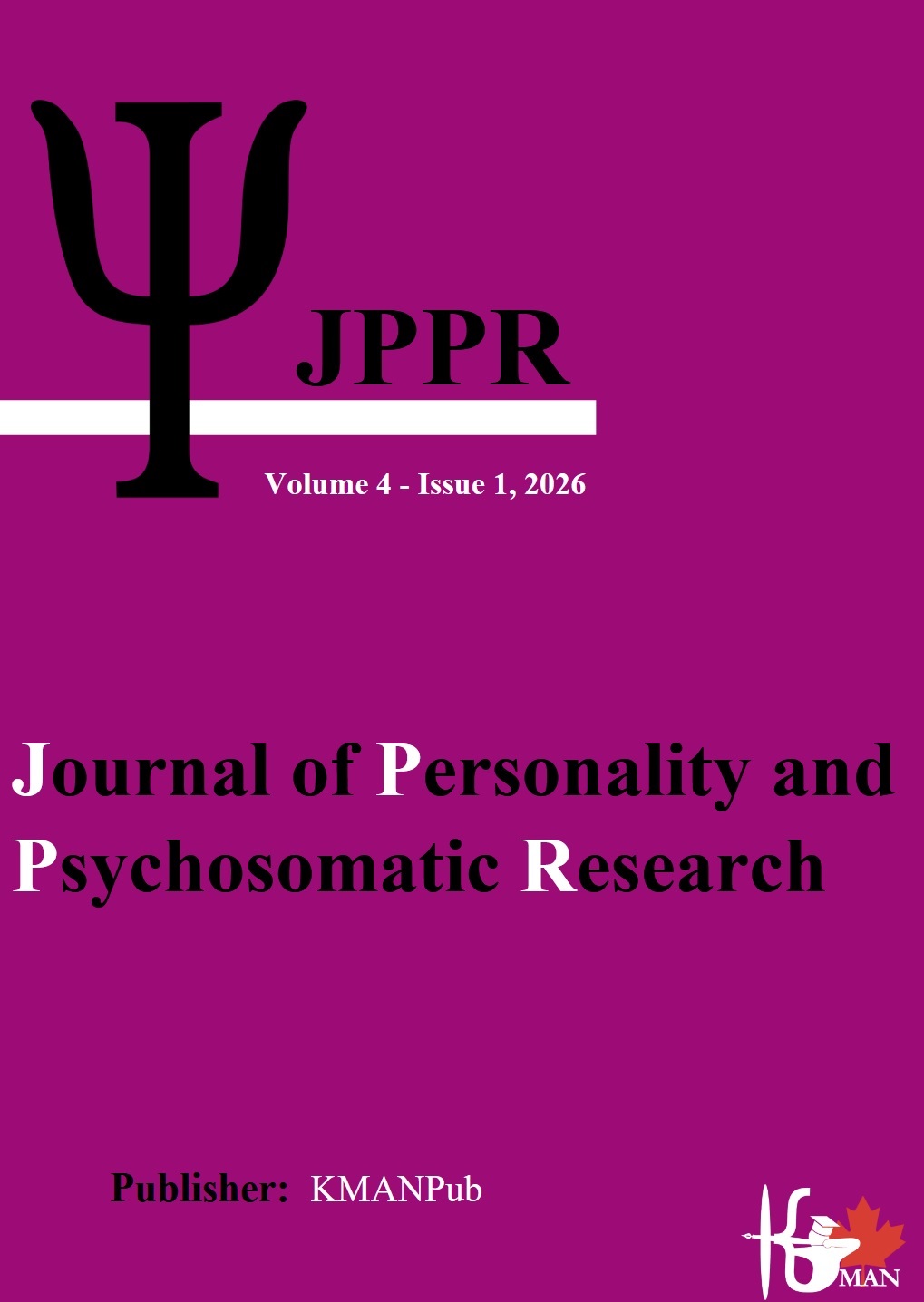
Articles
The Journal of Personality and Psychosomatic Research, published by KMAN Publication Inc. (KMANPUB), is a reputable scholarly open-access journal that focuses on the intersection of personality psychology and psychosomatic medicine. The journal covers a wide range of topics within these fields, including trait theories, personality development, personality assessment and measurement, psychoneuroimmunology, stress and health, mind-body interactions, psychological factors in chronic illness, health behavior change, quality of life and well-being, psychotherapy and treatment outcomes, diagnostic and assessment tools, mental health interventions, social cognition and behavior, interpersonal relationships, group dynamics and influence, attention and perception, memory and learning, cognitive processes and decision making, brain-behavior relationships, cognitive impairment and dementia, neurorehabilitation and recovery, happiness and well-being, resilience and positive adaptation, positive interventions and flourishing, lifespan development, attachment and social development, cognitive and emotional development, culture and self-concept, cross-cultural differences in psychological processes, and acculturation and cultural adaptation. With its rigorous open peer-review process and diverse range of articles, the Journal of Personality and Psychosomatic Research serves as a valuable resource for researchers, practitioners, and students interested in understanding the complex interplay between personality factors and physical and mental health outcomes.

